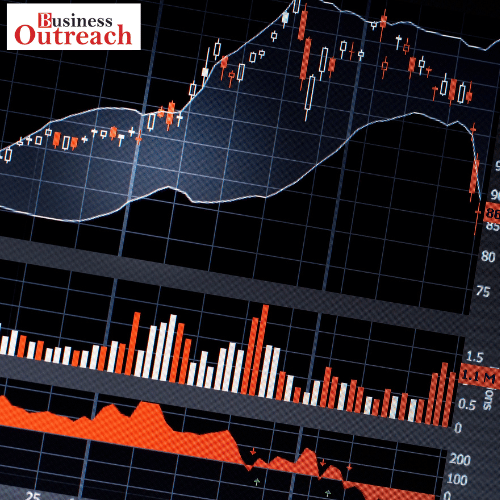According to a survey of economists conducted by Reuters, the Indian government is expected to decrease the rate of capital investment growth during the upcoming fiscal year due to a weakening economy and a reduction in tax revenue, which limits the government’s ability to spend.
Additionally, the survey suggests that the government will also reduce subsidies for food and fertilizers, which currently benefit a majority of the country’s population.
The Indian government, led by Prime Minister Narendra Modi, has significantly increased capital spending in recent years in an effort to make the country a more attractive location for global manufacturing. However, private investment has been slow to follow this trend, as it has lagged behind government spending for nearly a decade.
According to the Reuters poll of 39 economists conducted between January 13th and 20th, the government’s strong pace of investment is likely to decrease to nearly half its previous rate in the fiscal year ending March 2024.
The poll also predicts that capital expenditure (capex) will increase in fiscal 2023/24 by approximately 17% to INR 8.85 trillion ($109 billion), this is up from an estimated INR 7.50 trillion in the current fiscal year, which is a roughly 35% increase from the previous year.
Sonal Varma, the chief economist for India and Asia ex-Japan at Nomura, commented on the poll’s findings, stating “The government has demonstrated a strong desire to increase capex, and with the expected lack of a strong recovery in private capex, public capex will be particularly crucial in the fiscal year 2024. “
The total of public and private investment as a proportion of the economy has dropped since 2014, when Modi’s Bharatiya Janata Party came to power. Gross fixed capital formation, a common measure of domestic investment, has increased at a compound annual rate of just under 8% since then, compared to 14% during the previous 10-year term of the United Progressive Alliance government.
The ratio of gross fixed capital formation to GDP has dropped from a high of almost 36% in 2007-2008 to around 29% in 2021-2022. Although there are indications of a slight improvement in private-sector investment, economists in the poll cautioned that a global economic slowdown could impede this progress.
India’s economy, and subsequently the government’s revenue, is slowing down. According to the poll, economists anticipate GDP to grow by 6.0% in 2023-2024, compared to 6.8% growth in 2022-2023.
A few economists in the poll expressed concern about the reduction of subsidies for food and fertilizers, as it would negatively impact millions of people in a country that has a high level of hunger.














